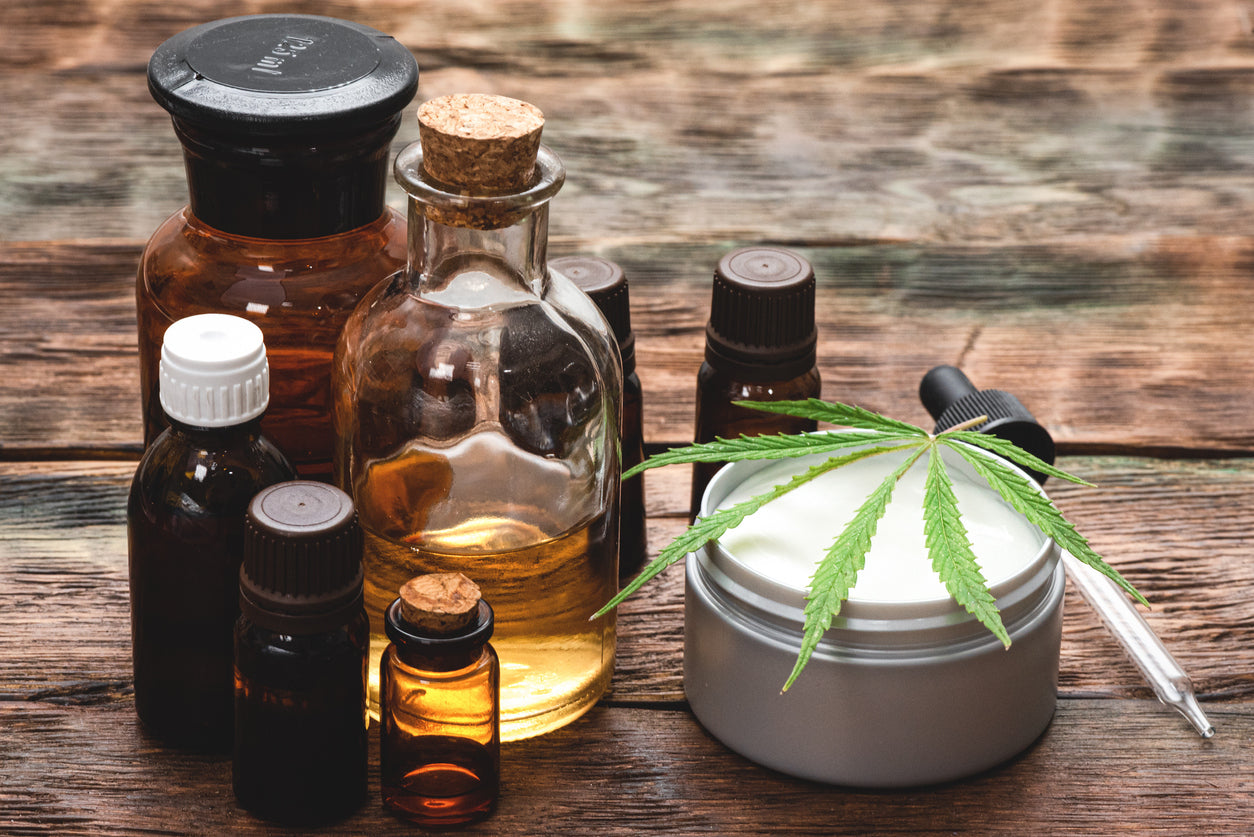5 essential oils to help with type 2 diabetes

Diabetes, which affects 38.4 million Americans and claims roughly 399,000 lives a year, is at an all-time high across the nation. In type 2 diabetes, the most common variety, the body cannot effectively use insulin to control glucose levels or blood sugar.
There is some evidence that essential oils - concentrated versions of compounds found in plants - may be used in aromatherapy with a diffuser to help regulate blood sugar and help insulin work more effectively in the body. These fragrant oils may also be applied to the skin after diluting with carrier oil.
The five oils below have all shown promise in regulating blood sugar – and may help address type 2 diabetes.
Cinnamon has multiple methods of action against diabetes
In addition to providing a sweet and spicy flavor to recipes, cinnamon has a hidden “superpower” - the ability to work against diabetes in a multitude of ways. In one 2010 study published in the Journal of Diabetes Science and Technology, researchers showed that cinnamon benefited insulin sensitivity - the ability of the body to respond to this sugar-regulating hormone - while lowering levels of glucose and triglycerides (fats) in the blood.
A later study showed that cinnamon was beneficial for volunteers with type 2 diabetes, improving glucose, blood lipids, and hemoglobin A1C (a measure of glucose control over time). It also fights inflammation, which many experts believe to be at the root of type 2 diabetes.
Plus, cinnamon - rich in the powerful antioxidants cinnamaldehyde, eugenol, and cinnamic acid - is on the job of fighting free radicals and oxidative stress that contribute to diabetes. And this flavorful spice adds sweetness without adding any sugar, promoting the ability to maintain a healthy weight.
Past scientific reports state that consuming cinnamon regularly - which is generally recognized as safe when used in the amounts found in food - and using cinnamon essential oil through aromatherapy or massage may help control symptoms of diabetes in some people.
As with other essential oils, cinnamon oil should not be ingested.
Coriander seed oil shows “promising results”
Coriander seed oil, from the plant botanically known as Coriandrum sativum, has long been used in herbal and Ayurvedic healing systems to treat digestive conditions. Now, it’s receiving “props” from researchers for its ability to target type 2 diabetes as well.
Coriander seed essential oil contains an arsenal of free radical-fighting flavonoids such as quercetin, carotenoids, anthocyanins, limonene, and linalool. In a 2009 Brazilian study, coriander seed extract reduced blood sugar levels in diabetic rats. It seemed to make the beta cells more prolific in creating insulin while producing a higher rate of sugar breakdown.
The impressed scientists deemed coriander seed extract “a promising natural source with relevant effects in the treatment of diabetes” and called for more research. Incidentally, you may know coriander by its alternate name: cilantro.
In addition to using the seed oil with a diffuser, you can also use fresh or dried cilantro leaves in recipes to enliven salsa, salads, marinades, and dips.
Lemon balm “drops a bomb” on elevated blood sugar levels
Lemon balm, botanically known as Melissa officinalis, has potent antioxidant effects. And - more specifically, in relation to diabetes - researchers found that it enhanced glucose uptake, lowered blood sugar, and increased insulin levels in diabetic participants when compared with a control group.
In addition to its anti-diabetic effects, lemon balm essential oil has mild mood-lifting and anti-inflammatory properties. While more research is needed, scientists report that lemon balm essential oil may benefit diabetes when used in a diffuser or applied to the skin.
Olive oil: An Italian treasure that offers up cholesterol-fighting and anti-diabetic benefits
Technically speaking, olive oil is a vegetable oil and not a concentrated essential oil. But no discussion of healthy oils would be complete without mentioning extra virgin olive oil - which is believed to contribute to the health benefits of the Mediterranean diet.
For one simple, yet, compelling trial, participants ate a typical Mediterranean lunch consisting of fruits, vegetables, whole grains, and fish. With the meal, they used a modest amount of extra virgin olive oil (EVOO - ten grams, or slightly less than a tablespoon).
On a later occasion, volunteers ate the same meal - but this time with 10 g of corn oil. The olive oil was associated with a much smaller rise in post-prandial (after-meal) blood sugar - and it lowered cholesterol, to boot.
However, just “guzzling” olive oil straight from the bottle is unlikely to produce the benefits shown in the study. The scientists recommended that olive oil should be consumed as part of a balanced diet.
For maximum benefit, look for cold-pressed certified organic extra virgin olive oil.
Oil from tiny black seeds yields major results
Derived from minuscule black nigella seeds, the black seed oil is known by an assortment of names - including black cumin seed oil, black caraway, black onion seed, fennel flower, and Roman coriander. By whatever name, this oil combats diabetes with its high content of an antioxidant and anti-inflammatory phytochemical known as thymoquinone.
In clinical studies, 3 grams of black seed oil a day for eight weeks helped volunteers with type 2 diabetes lose weight when compared with placebo. This versatile essential may also lower levels of harmful triglycerides and LDL cholesterol.
And it has particular applications for diabetes. In one important study, crushed black seeds reduced fasting blood sugar levels and hemoglobin A1C.
Of course, check first with your integrative doctor before using any of these essential oils for diabetes.
As a general rule, regular exercise, reducing simple (processed) carbohydrate intake, and choosing low-glycemic foods with ample antioxidant-rich fruits and vegetables can notably decrease the risk of diabetes-related complications.
Sources for this article include:






